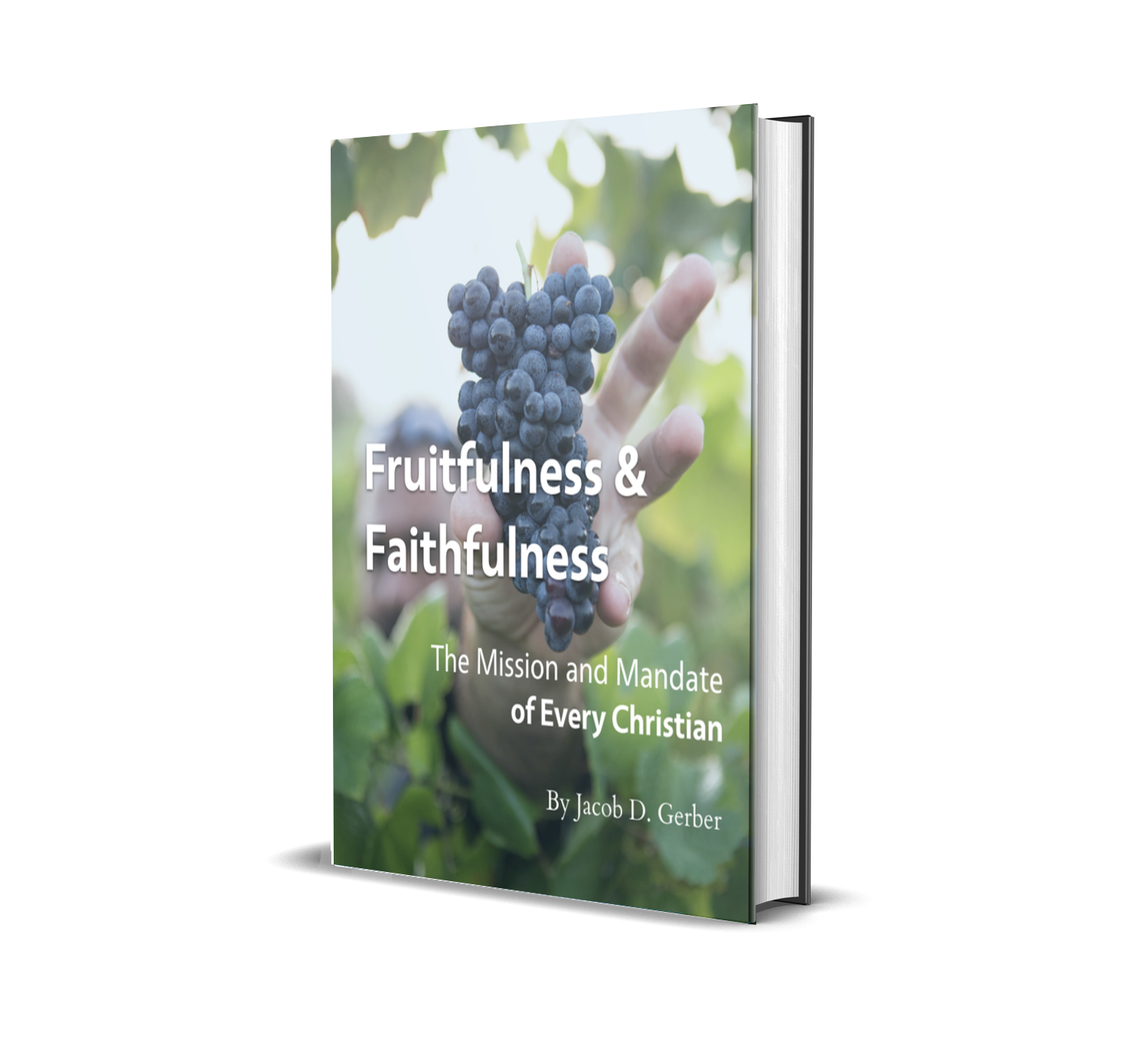Sanctification and Repentance (Discipleship Training)
Or, read my introductory post on discipleship training here.
Sanctification and Repentance: Very often, when we think about salvation, we primarily think about the gracious gifts of justification or adoption. Through those gifts, God counts us as righteous and adopts us as his children, not because of anything in us, but only because of what Christ has done for us. We are credited with Christ’s righteousness and counted as God’s children.
Beyond these gifts, God also gives us the precious gift of sanctification. In sanctification, God undoes the damage of original sin. He does not mere count us as holy, but he makes us, really and personally, holy through the power of Christ’s death and resurrection.
Westminster Larger Catechism Question #77 is very helpful in understanding the difference between justification and sanctification:
Q. 77. Wherein do justification and sanctification differ?
A. Although sanctification be inseparably joined with justification, yet they differ, in that God in justification imputeth the righteousness of Christ; in sanctification his Spirit infuseth grace, and enableth to the exercise thereof; in the former, sin is pardoned; in the other, it is subdued: the one doth equally free all believers from the revenging wrath of God, and that perfectly in this life, that they never fall into condemnation; the other is neither equal in all, nor in this life perfect in any, but growing up to perfection.
For justification, repentance from sin is the means God blesses to forgive us of our sins. For sanctification, repentance is the means God uses to put to death the sin that dwells in us.
Training Objective
To understand the free grace of God toward sinners by their adoption into the family of God, and to understand the nature of true, saving faith.
Scripture
Read and discuss:
- Romans 6:5–6: We are no longer enslaved to sin.
- 2 Corinthians 5:17: If anyone is in Christ, he is a new creation.
- Galatians 5:17: There is a continual and unreconcilable war between the desires of the flesh and the desires of the Spirit.
- Ephesians 4:20–24: In sanctification, we must put off the old man of sin as we put on the new man of Christ.
- Hebrews 12:14: Strive for the holiness without which no one will see the Lord.
- 1 John 3:9–10: Those who have been born of God cannot continue to make a habitual practice of sin.
- 1 John 5:4: Everyone born of God overcomes the world.
Doctrine
Read and discuss:
- Westminster Confession of Faith, Ch. 13, 15
- Westminster Larger Catechism #75–78
- Westminster Shorter Catechism #35–36
Discussion Questions
- Compare what we learned about original sin (WCF 6.3–6) with what we learn here about the work of sanctification (WCF 13.1). How do we see sanctification undoing the damage of original sin?
- How do justification and sanctification differ (WLC 77)?
- How should we understand our ongoing struggle against sin (WCF 13.2; WLC 78)?
- What can we expect as we struggle against sin (WCF 13.3)?
- What is repentance (WCF 15.1–2; WLC 76)?
- Does repentance save us (WCF 15.3–6)? If not, then how does repentance relate to salvation?
Application
- What is one area in which you are struggling against your sin? Consider how the doctrine of sanctification encourages you for the fight, by God’s grace. Consider also how the doctrine of repentance equips you with tools for fighting against your sin.
- Is there any area in which you are not fighting against your sin as much as you ought to be? Pray, asking God not only to forgive you, but to put your indwelling sin to death. Then, talk with a fellow believer to ask for help and accountability to fight the sin together.
FREE eBook: Fruitfulness and Faithfulness: God’s Mission and Mandate of Every Christian
Grow in God’s Plan for Your Fruitfulness and Faithfulness

Invest Your Life Well
Discover God’s breathtaking vision for the fruitfulness of his people.
Learn how to live fruitfully and faithfully in the kingdom of Jesus.
Download the free eBook now.




